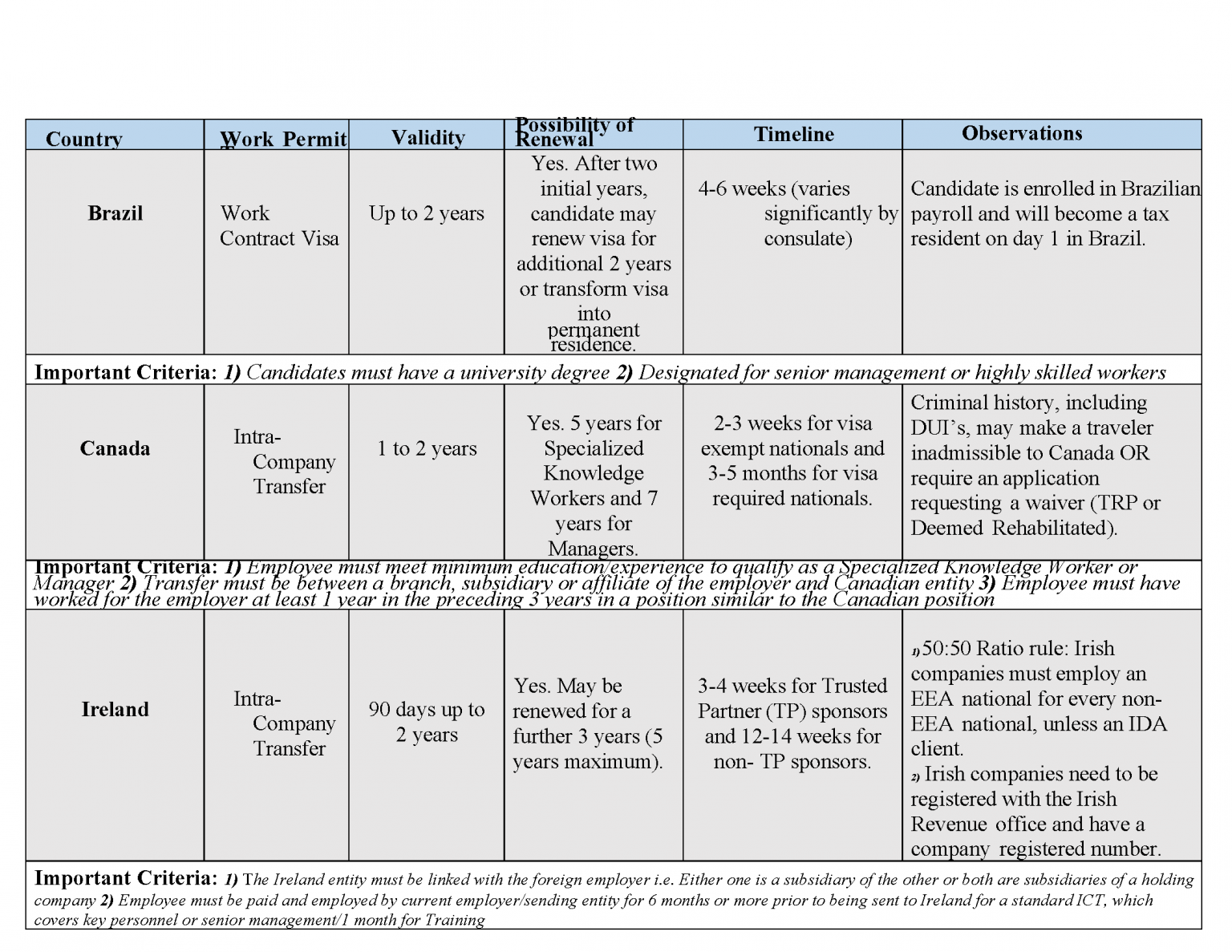Learn about the H-2B Visa and why it’s crucial to the US economy
Since 1952, American businesses have relied on foreign guest workers with H-2B visas to fill short-term roles in which US citizens had no interest. Initially, the number of people allowed in this program was limited. Still, as the demand for such positions grew, more companies had no choice but to accept the H-2B visa’s strict regulations.
The H-2B visa program is a valuable asset to the US, as it allows foreign nationals to work on non-agricultural projects and thus helps to alleviate labor shortages in multiple industries. This program offers a wide range of job possibilities, from conservationists to carnival workers, and is becoming increasingly popular as the application cap is routinely filled.
The need for H-2B visas, which allow foreign workers to take on non-agricultural jobs for nine months out of the year, has steadily increased over the past few years. Last year, the demand for these visas drastically increased, with a 49.5% rise from 2021.
Despite the growing demand, the maximum number of H-2B visa holders that can be accepted has stayed the same since the 1990s. This yearly limit is 65,000, divided into two halves. Businesses have been advocating for an increase in the number of workers they can hire, especially as finding suitable labor is becoming more challenging.
To be approved for the H-2B visa, employers must show evidence that they have tried to hire someone from their local area but have yet to succeed. This means providing a lot of paperwork to indicate their recruitment attempts. Employers must also pay for any extra costs related to hiring H-2B workers, such as legal fees, a set wage, and housing or traveling expenses.
Companies have claimed that, besides the H-2B and J1 recruitment process, they face other difficulties, such as a highly competitive workforce and costly legal expenses. Despite the complications, the H-2B program can benefit American employers who cannot find domestic workers willing to work.
GMS Has Immigration Specialists Ready to Assist
The best way to work through relocation challenges is to work with the best relocation management company in the US. That is where Global Mobility Solutions (GMS) comes into play. We can be your one-stop shop when it comes to relocation services. We can assist in handling every aspect of an employee’s move. But at the same time, we understand that every company and its employees are different, with unique needs regarding their relocation process.
We start by having one of our team members listen to your wants and needs regarding relocation, then, from there, help you map out the best courses of action to take to get all of your relocation needs fulfilled. Set up a call with us today to get started.
We're Here to Help! Request a Courtesy Visa Program Consultation
Properly managing a visa and immigration program involves meticulous coordination, precise communication, and worldwide interaction with government agencies, corporate personnel, and relocating employees.
At GMS, we provide you with peace of mind in knowing your mobility program is fully compliant and being managed by the best in the industry.
Request a no-pressure, courtesy consultation from a GMS Mobility Pro. We’ll be in touch within 1 business day.










